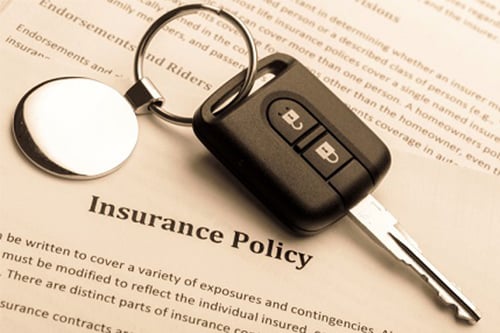

Auto insurance premiums in Alberta are expected to increase next year, with multiple insurers planning increases of as much as 15%.
The increases come after an auto insurance rate cap implemented by the previous NDP government expired on August 31, 2019. The regulation capped insurers’ province-wide income from premiums at 5%.
Only a select few insurers were willing to disclose their rate increases for next year.
Wawanesa Insurance revealed that it has been approved for a 12.1% average rate increase after the proposed change was reviewed by the Alberta Automobile Insurance Rate Board.
Aviva Canada has similarly confirmed that it will raise its prices by 15% starting January 2020.
While most insurers remain mum on any planned rate changes, the Insurance Brokers Association of Alberta (ICAA) mentioned that any expected rate increases will match the double-digit differences many of the companies have been experiencing.
“On average over the past year or so, companies have been losing approximately 12%,” ICAA CEO George Hodgson told CTV News.
“So, in other words, for every $100 they collect in premiums, they’re paying out $112 in claims.”
The Insurance Bureau of Canada (IBC) called the NDP’s insurance rate cap a “Band-Aid solution,” which only addressed the immediate symptoms and instead caused further segregation within the consumer base while failing to solve systemic issues.
“There are problems in the system and, unfortunately, for the past four years, they were ignored,” said IBC western vice-president Celyeste Power.
The IBC believes the planned price increases for next year are also driven by the increasing frequency and cost of claims in Alberta. In a statement to CTV News, Power said that the IBC wants the province to change regulations so that fewer costs are spent on legal representation and payouts in cases of minor injuries.
“Right now, instead of getting the care that they need, it’s mostly being put out through legal settlements and cash payouts, and that’s not working for consumers. One, it’s driving up costs significantly, and two, it doesn’t actually help anyone get better and get back on their feet more quickly,” the vice-president explained.
